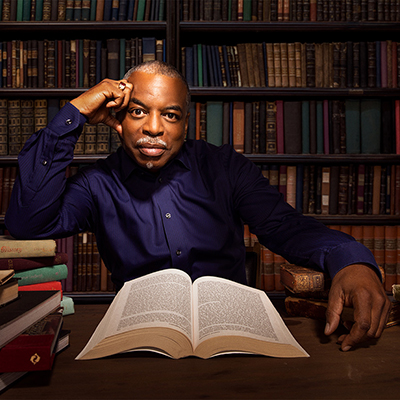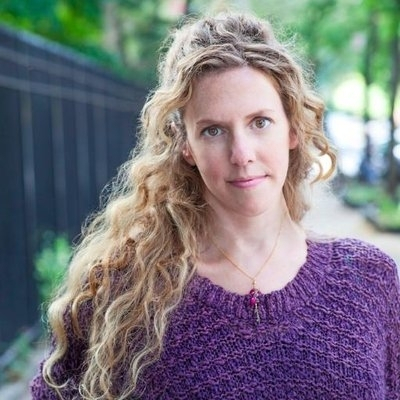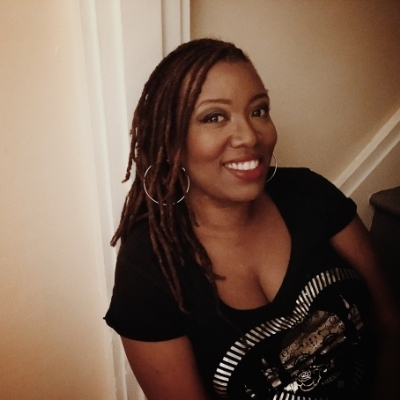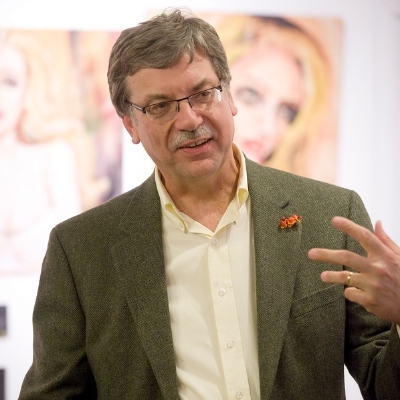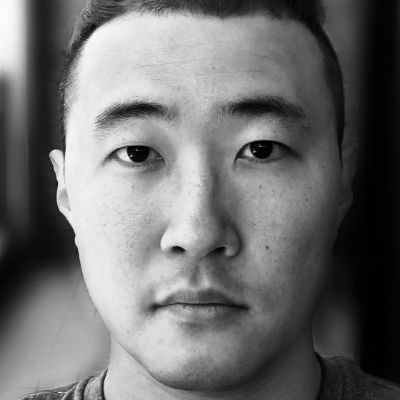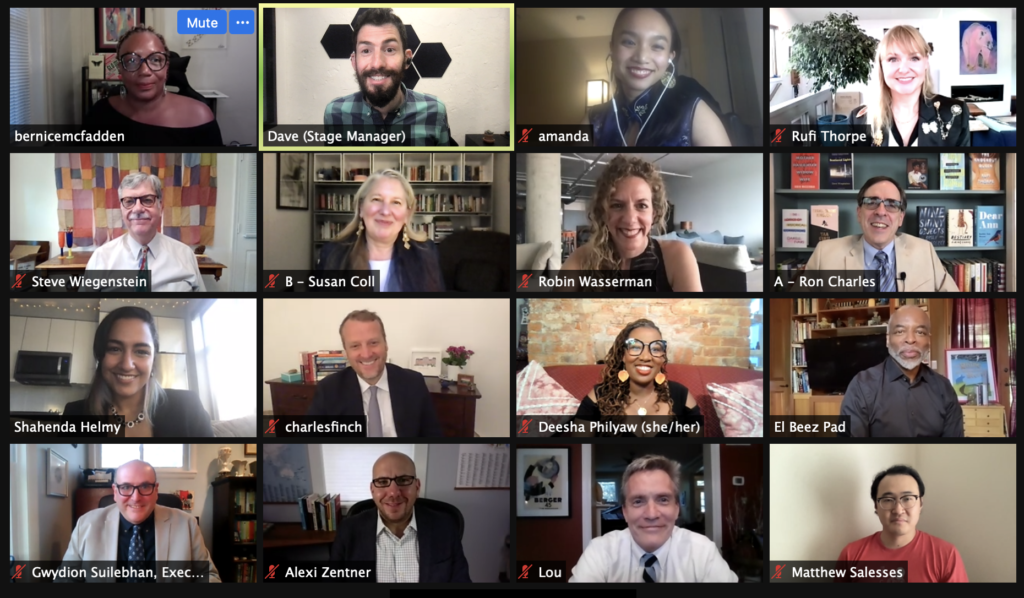
The 2021 PEN/Faulkner Award Celebration was held on May 10, 2021, and honored this year’s distinguished books and authors. This exquisite literary evening featured original readings by our PEN/Faulkner Award winner and four finalists; commendations by our three judges; a presentation by our inaugural PEN/Faulkner Literary Champion, LeVar Burton; and appearances by special guests Stephen King, Francine Prose, Luis Alberto Urrea, Angie Thomas, and Jason Reynolds, among others.
DATE | May 10, 2021 at 8:00 PM
LOCATION | Online Event
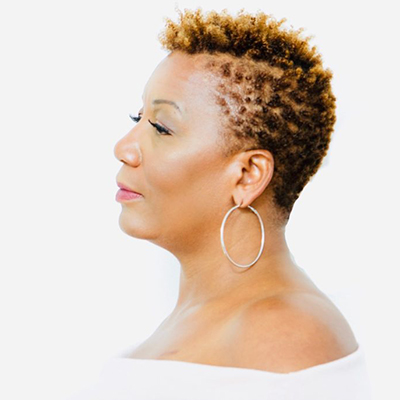
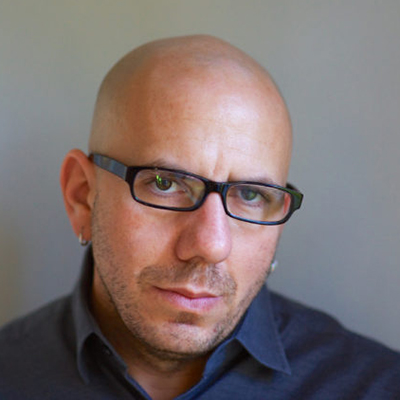
PEN/Faulkner Award Judge
HIGHLIGHTS
“[My mother] stressed education as the leveler of the playing field for us, because in the American society in which I grew up in, it was very difficult for people of color to rise to their highest form of expression without the value, without the foundation, of a solid education. For the whole of my life, from Baldwin to Octavia Butler, from Edna St. Vincent Millay to Edgar Allen Poe, I am certain that my life has been immeasurably enhanced by the books that I have read.” – LeVar Burton
“In the past year, over 6,000 attacks against Asian Americans have been reported and many more have likely gone unreported. Words matter, and the words we use to describe the pandemic have been hateful and targeted. We are here because, as we’ve been hearing, we believe words matter, that words move people’s minds and hearts. How people are moved is up to what words we use and in whose service we use them. The language itself is inscribed with power.” – Matthew Salesses
“[The Knockout Queen] starts with wondering what to do with the evil in people and whether punishment is an adequate or rational response, and ends up questioning whether good and evil are simply things we made up. Pretty ideas that we are quick to set down when it’s expedient. But Michael is never entirely able to give up on the idea of being good. He wants too badly to be good. He just can’t figure out what to do with the ugliness that he’s seen. And I don’t really know either. I guess you just keep looking even when you want to close your eyes, and that is really all I try to do as a writer, not really find the answers so much as pose the questions as deeply as I can. To admit the way that we are even when I would rather not.” – Rufi Thorpe
“[Mother Daughter Widow Wife is] a story that was conceived in rage. It was drafted in resistance in response to a world that sometimes seems like it can never change enough. It’s a story about men who think they own women’s bodies and about a society that thinks they should decide what roles women are allowed to play. It’s a story about the stories we tell for women – daughter, wife, mother – stories shaped around someone else, stories of obligation, and stories too often of a body claimed by another.” – Robin Wasserman
“These characters [in Scattered Lights] are more universal than their region. They’re called out of themselves in the moments of decision or action. They’re forced to deal with who they are and what they really want out of life. So, as you read these stories, I would hope that you feel an element of recognition or empathy with these characters. And if you do, then my work has been a success.” – Steve Wiegenstein
“The stories in my collection are of unique significance in the present moment because Ntozake Shange wrote, “somebody/ anybody/sing a black girl’s song/bring her out/to know herself.” Because Zora Neale Hurston said, “There is no agony like bearing an untold story inside you.” Because, as Bernice mentioned earlier, Tony Morrison asked Ralph Ellison, “invisible to whom?” My stories are meaningful in this present moment because I’ve always looked to Black women to see what’s possible.” – Deesha Philyaw

